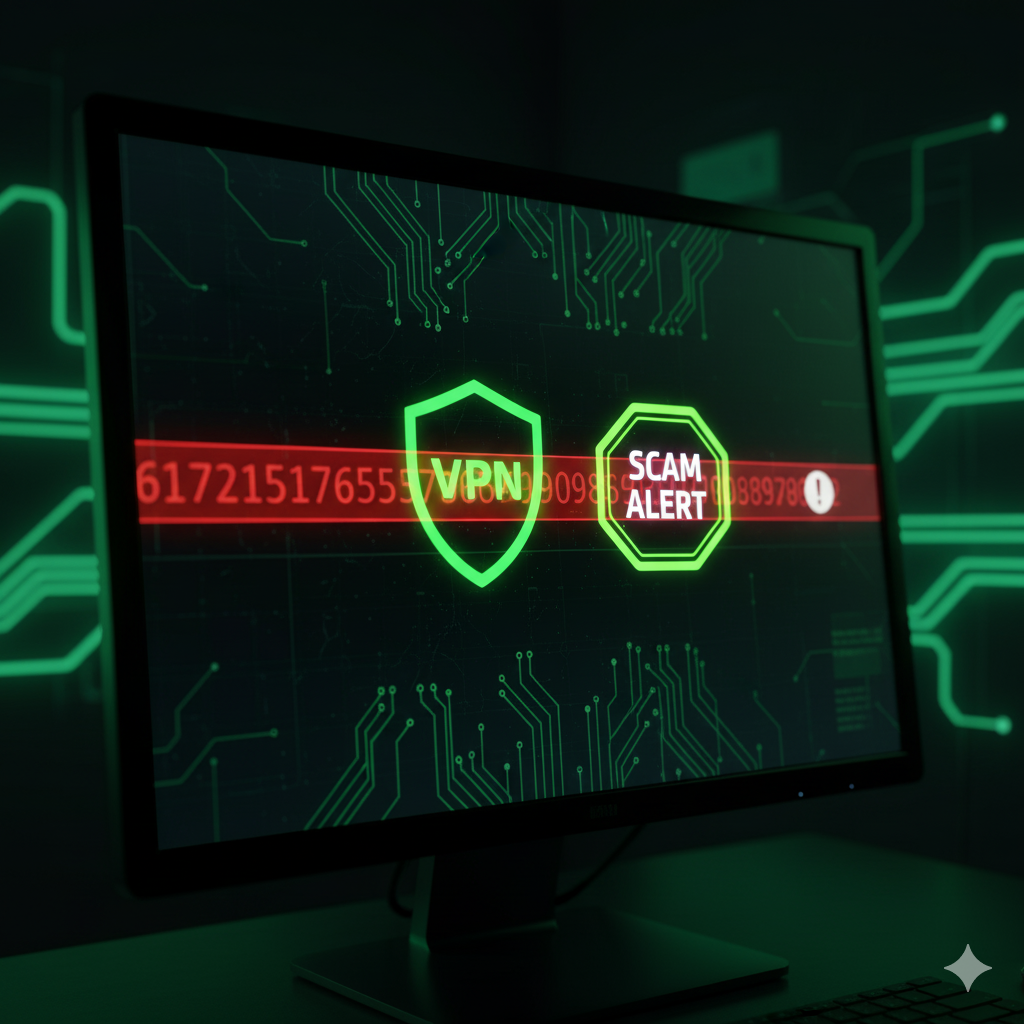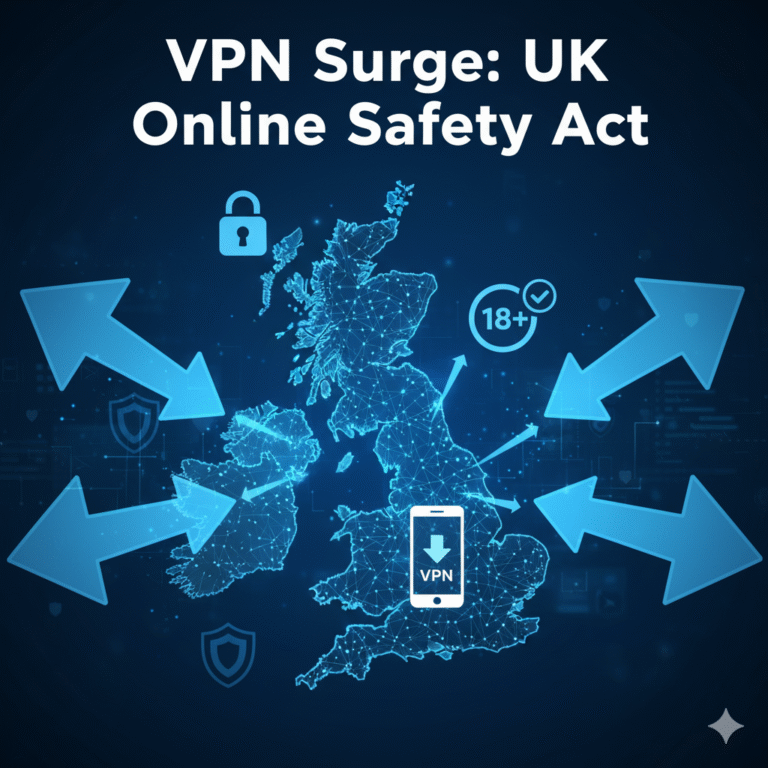In a bold move that signals the evolving role of virtual private network (VPN) services, NordVPN has rolled out a crypto wallet address checker within its Threat Protection Pro™ toolset (Major VPN). As cryptocurrency scams mount and victims lose billions, this new feature positions NordVPN not just as a privacy guard, but as a digital asset safety net. The launch underscores how modern VPNs are broader than tunnel encryption—they’re becoming holistic protection platforms.
The feature & how it works
According to the company’s announcement, the wallet address checker scans web pages on the user’s device for any text matching cryptocurrency wallet-address patterns (e.g., Bitcoin, Ethereum).
Once a string is detected, only the wallet address is sent (no other browsing content or personal data) to NordVPN’s verification service. If the address is flagged in its fraud-address database, the wallet address is visually marked and a hover-notification warns the user.
NordVPN cites that in 2025 the cryptocurrency sector has already seen losses in the order of US $2.5 billion from hacks and scams.
Domininkas Virbickas, Product Director at NordVPN, commented:
“The wallet address checker helps protect users from cryptocurrency fraud … Threat Protection Pro already blocks ads, trackers, malware, phishing sites, and scam domains, providing safer internet interaction whether users engage with cryptocurrency or not.”
On the privacy side, NordVPN emphasizes that scanning happens locally on the device and only the discrete wallet string leaves the device for verification—maintaining browsing privacy.
Why this matters for VPN users & the industry
1. Rising crypto fraud demand for stronger protections.
With decentralized finance (DeFi) and crypto wallets proliferating, the risk is that a single mistyped address or malicious link can lead to irreversible loss. Traditional financial systems often have reversal or remediation mechanisms—but in crypto, you send once and that’s it. The wallet checker acts as a proactive defense.
2. VPN providers expanding role beyond privacy-only.
Historically, VPN services focused on anonymizing IPs and encrypting traffic. This move shows that top providers are shifting into cybersecurity toolkits—adding phishing protection, malware blocking, and now crypto-asset safeguarding. This may raise the bar for what users expect from “premium VPNs”.
3. Implications for user trust and vendor differentiation.
By adding this feature, NordVPN strengthens its value proposition: more than a tunnel, it is a “risk reduction” platform. For users who hold crypto, this is an added incentive. For competing VPNs, it sets a benchmark: you’re no longer just competing on speed or server count—security-adjacent features matter.
Comparisons and context
While some antivirus or crypto-wallet-specific tools offer address-checking or wallet tracing, it is less common for mainstream VPN services to integrate this directly. NordVPN’s inclusion of this functionality within Threat Protection Pro means that users for whom privacy and crypto overlap can get one solution rather than multiple apps.
From data cited: Over US$1.5 billion was lost to crypto hacks and scams in Q1 2025 alone.
Meanwhile, the FBI reportedly regards crypto fraud as representing roughly 50% of all financial fraud losses.
These figures underscore the urgency and market logic behind a wallet-address checker.
Limitations & user best practices
Of course, no tool is a silver bullet:
The address checker relies on known-fraud databases—emerging scams or new wallet addresses won’t necessarily be flagged immediately.
Users must still practise wallet hygiene: double-checking addresses (first and last characters), avoid copying from unverified sources, enabling 2FA, using hardware wallets.
It complements, but does not replace, the broader protection suite (VPN encryption, malware blocking, safe browsing practices).
Learn more than
Free Chrome “VPN” extension secretly screen-captures user sites
Conclusion
NordVPN’s addition of a crypto wallet address checker demonstrates how VPN tools are evolving to meet broader privacy + asset protection needs. As cryptocurrencies grow in mainstream usage and as fraudsters become more sophisticated, the boundary between “privacy tool” and “cybersecurity platform” continues to blur. For users who value both anonymity and asset safety, this feature adds tangible value. For the industry, it signals that privacy-tools must surprise with deeper utility to stay relevant. If you hold digital assets, using a VPN that checks wallet addresses might just be a sensible addition to your security stack.



